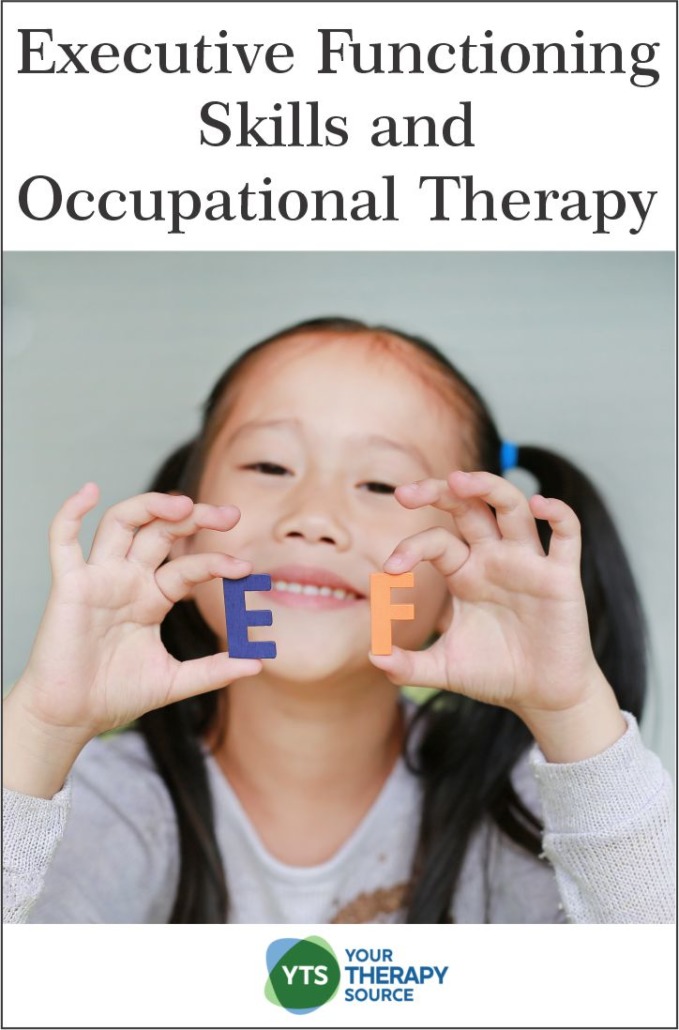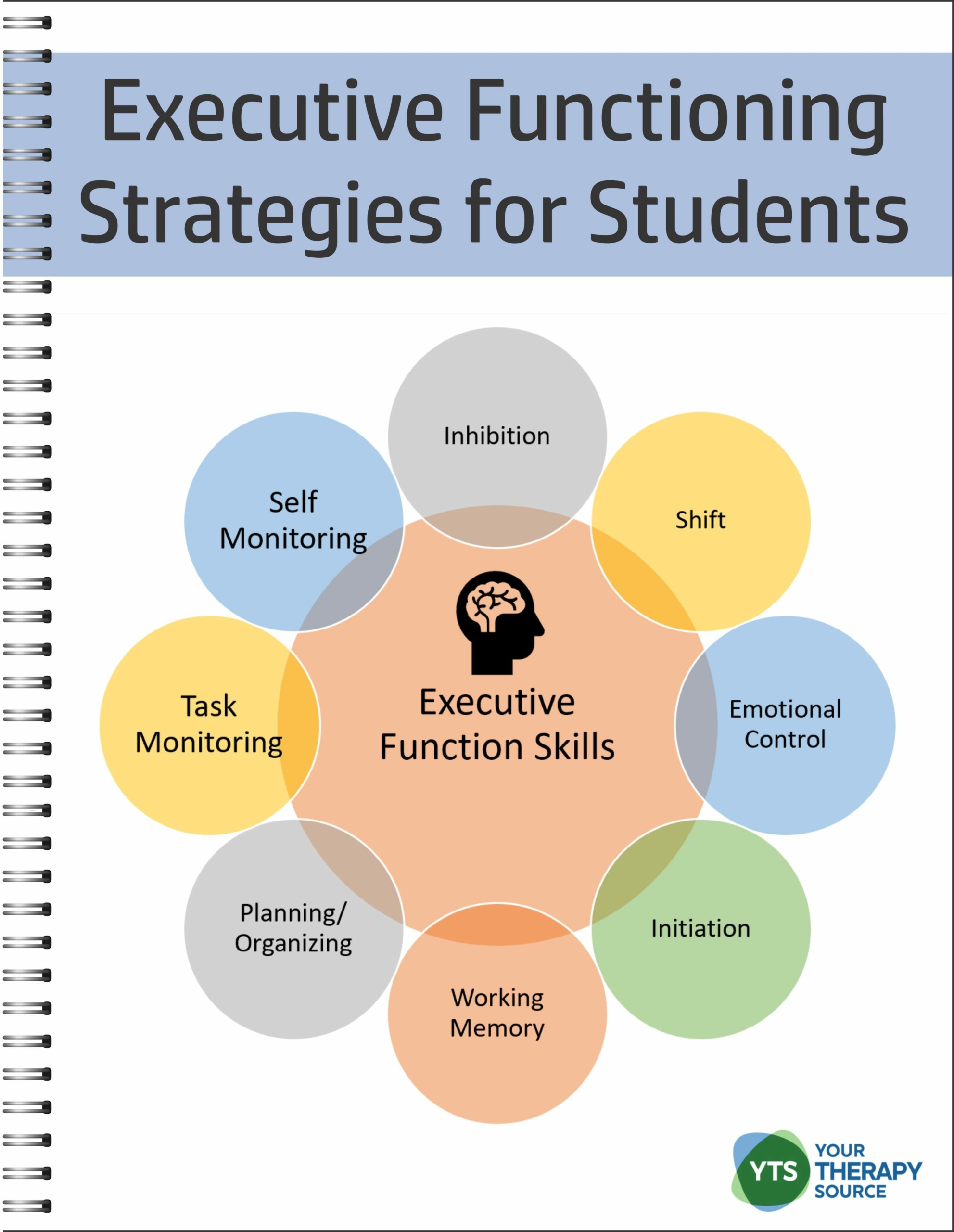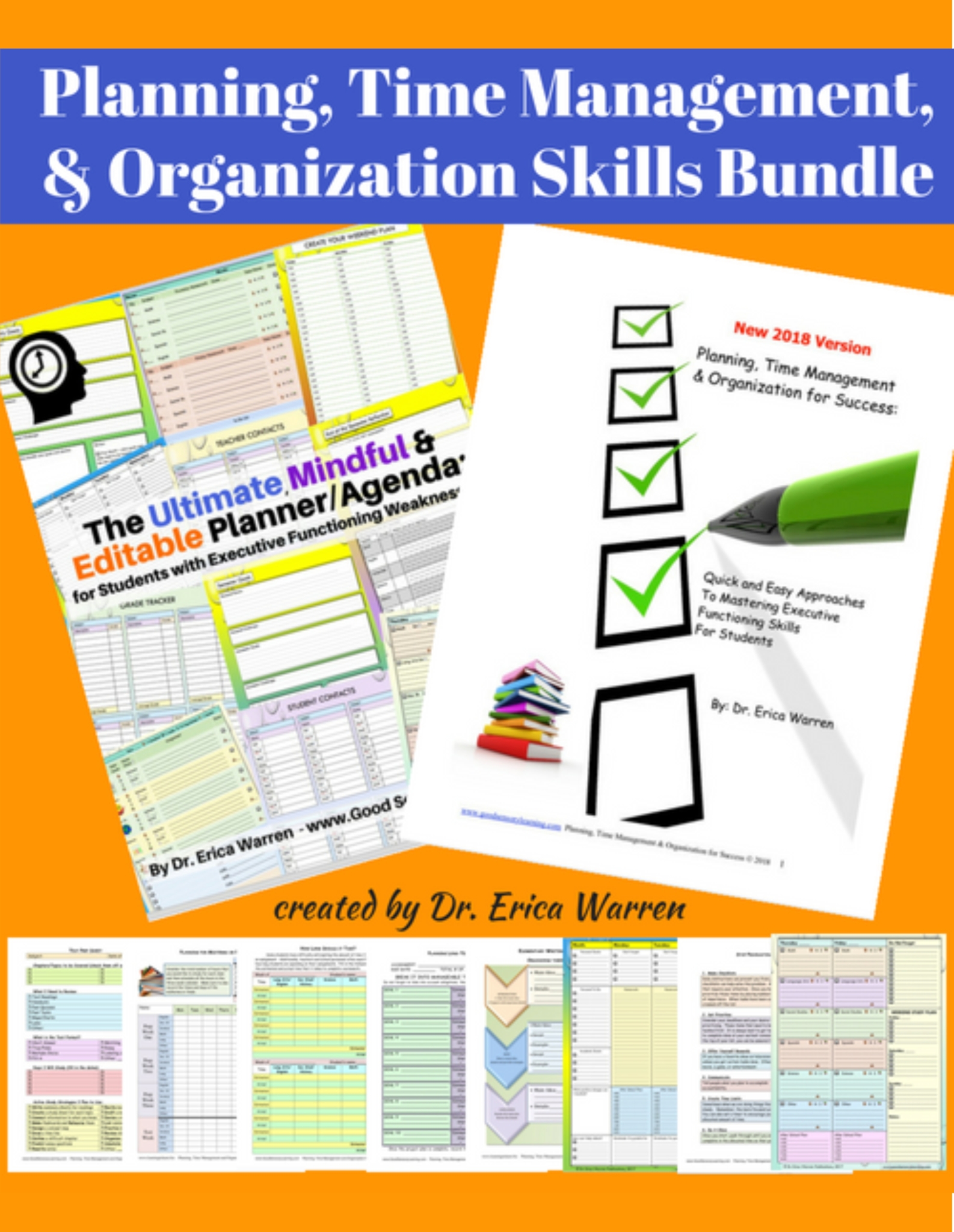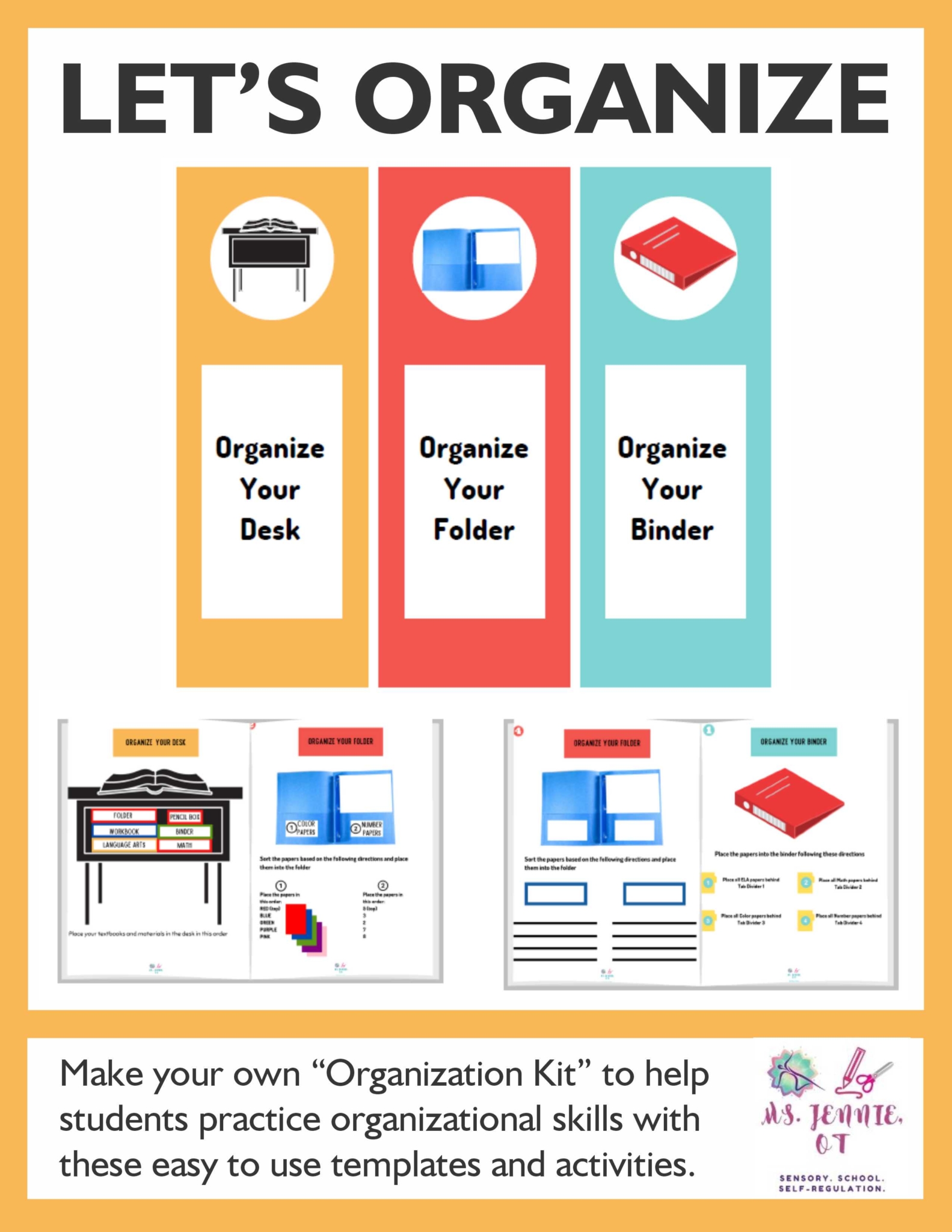Executive Functioning Occupational Therapy

Children with executive functioning deficits often have trouble with tasks that require planning, organization, and self-regulation. These skills are important for academic success and for everyday living. Executive functioning and occupational therapy interventions can help students develop the skills they need to succeed in school and in life.
Awareness of executive functioning and its link to occupational participation and special education is growing. Through activities and exercises designed specifically for each child, occupational therapists can help children improve their attention, memory, problem-solving, and other executive functioning skills.
WHAT EXECUTIVE FUNCTION SKILLS DO STUDENTS NEED AT SCHOOL?
It’s no secret that students today face more academic challenges than ever before. In addition to mastering reading, writing, and math, they also need to be able to efficiently manage their time, juggle multiple tasks, and stay calm under pressure. These skills— collectively known as executive functioning skills—are essential for success in school and in life.
There are three main types of executive functioning skills: working memory, mental flexibility, and self-regulation.

Executive Functioning Strategies for Students
Working Memory
Working memory is the ability to hold information in your mind for a short period of time so that you can use it. For example, when you read a sentence and then have to answer a question about it, you are using your working memory. Working memory is important for students because it helps them remember information long enough to use it.
There are a few ways to help your child develop their working memory skills. One is to have them practice recalling information from a short story or article. Another is to play memory games with them. You can also try having them take notes on what they’re learning in school and then quizzing them on the material later.
Mental Flexibility
Mental flexibility is the ability to switch between tasks or activities easily. It is often referred to as “cognitive flexibility.” For example, if you are interrupted in the middle of a task and then have to start another task, you are using mental flexibility. Mental flexibility is important for students because it helps them be adaptable and adjust to new situations easily.
There are a few ways to help your child develop their flexible thinking skills. One is to have them practice completing two tasks at the same time, such as brush their teeth while also holding a conversation with you. Another is to give them complex instructions and see if they can follow all of them correctly. You can also try having them brainstorm as many creative solutions to a problem as possible.
Self-Regulation
Self-regulation is the ability to resist impulses, demonstrate inhibition, and manage emotional responses effectively. For example, if you are angry but don’t lash out at someone, you are using self-regulation. Impulse control is important for students because it helps them stay focused on their goals and stay calm under pressure.
There are a few ways to help your child develop their self-regulation skills. One is to have them practice deep breathing when they feel overwhelmed or stressed out. Another is to teach them how to identify their emotions and label them accurately. You can also try having them come up with a plan for what they will do next time they feel an impulse coming on (such as take a break or walk away from the situation).
Try to make these suggestions part of regular routines at school and home. You could provide students with checklists to practice self-control and independence in school. Try these behavior checklists or Self-Monitoring Checklist. All of these suggestions will help students develop emotional control.

Planning, Time Management, and Organization Skills Bundle
EXAMPLES OF EXECUTIVE FUNCTIONING SKILLS DURING SCHOOL
Here are three examples of using executive function skills during the school day.
- Planning: The ability to create a plan and carry it out. For example, planning how to complete a project or assignment.
- Organizing: The ability to put things in order. For example, organizing school materials or keeping track of homework assignments.
- Self-regulation: The ability to control emotions and impulses. For example, staying on task despite distractions or working independently.
WHAT IS EXECUTIVE FUNCTION DISORDER?
Executive function disorder is a condition that affects a person’s ability to plan, organize, and complete tasks. This can include things like keeping track of time, remembering deadlines, and staying organized. People with executive function disorder may have trouble getting started on tasks, keeping track of their belongings, or finishing projects. They may also have difficulty following instructions or managing their time.
Executive function disorder can make it hard for people to succeed in school or at work. It can also cause problems with social emotional skills and relationships. Executive function disorder is often diagnosed in children and adolescents, but it can affect people of any age. There is no single cause of executive function disorder, but it is believed to be caused by a combination of genetic and environmental factors.
Students who struggle with executive function skills may receive special education services. Read more about Executive Functioning IEP Goals.
HOW CAN OCCUPATIONAL THERAPY HELP WITH EXECUTIVE FUNCTIONING?
Occupational therapists work with children to help them develop the skills they need for success in school and in life. Through therapeutic intervention and exercises designed specifically for each child, occupational therapists can help children improve their attention, memory, problem-solving, and other executive functioning skills.
Here are a few simple examples of how occupational therapy can help children with executive functioning difficulties include:
- Helping them learn to break down tasks into smaller steps
- Teaching them how to use a planner, calendar, or graphic organizer.
- Working on attention and concentration skills
- Improving memory skills
- Practicing problem-solving strategies
- Using visual schedules to help with organization and planning
- Breaking down everyday tasks into smaller steps
If you think your child may benefit from occupational therapy, talk to your child’s doctor or school about making a referral.

Teach Organizational Skills to Students
WHAT DOES THE RESEARCH SAY ABOUT OCCUPATIONAL THERAPISTS AND EXECUTIVE FUNCTIONING IN SCHOOL?
A recent study investigated how school-based occupational therapists address executive functioning in practice. Fourteen occupational therapists from four districts in Michigan completed the 36-item online survey consisting of closed and open-ended questions to determine their practice of helping students with executive function deficits.
The results indicated the following:
- a majority of these participants agreed that executive functioning impacts school function and occupational therapists should address it in school.
- only 33% provided intervention for executive functioning skills
- 77% indicated this as the area they feel least prepared to address in school-based practice.
- OTs described their role with executive functioning as collaborative, supplemental to enhance participation, and applicable to functional organization tasks.
Executive function practice sessions significantly differed from handwriting, sensory, and fine motor competency interventions and fine motor and sensory evaluations.
Although some occupational therapists are beginning to think about how executive function affects their students, most need more education and clarity on what this means for them and their students. They also need to make sure their services are aligned with the best practices that are emerging (Tanis & Erb, 2022)
REFERENCES
Tanis, K. R., & Erb, J. (2022). Executive Functioning in the Schools: Perspectives from Occupational Therapists. Journal of Occupational Therapy, Schools, & Early Intervention, 1-16.



